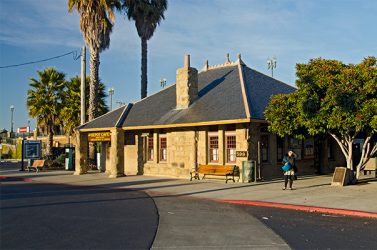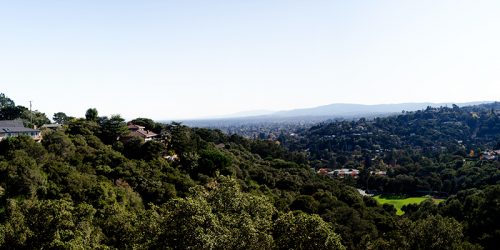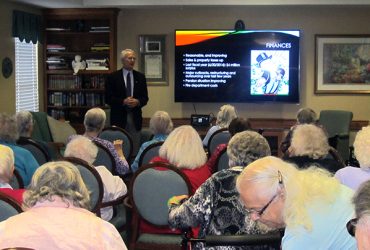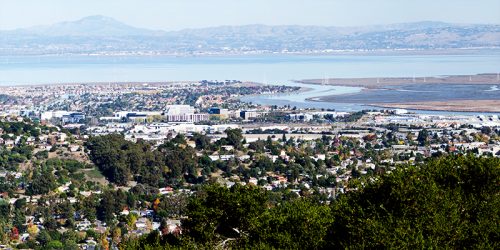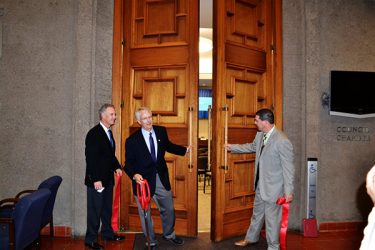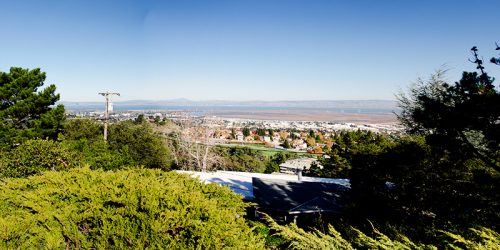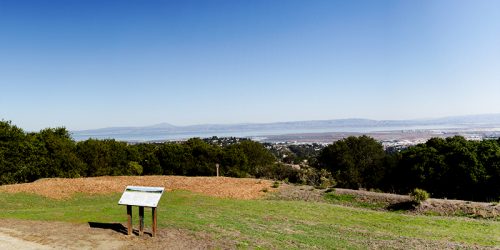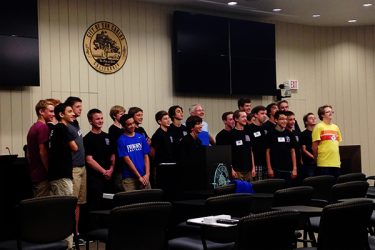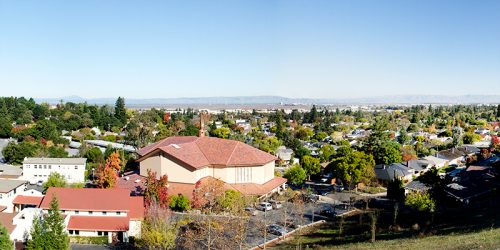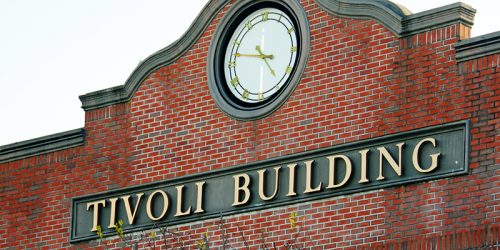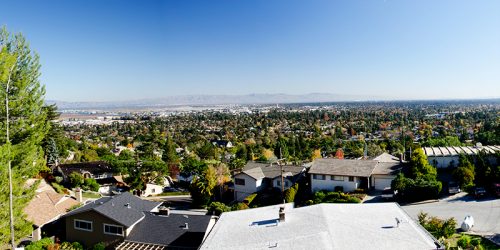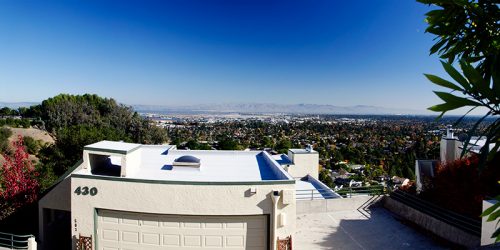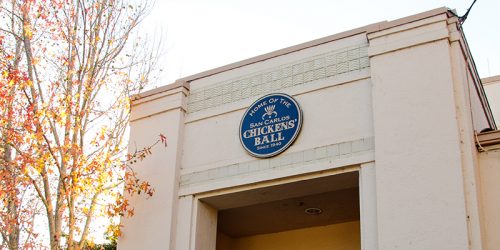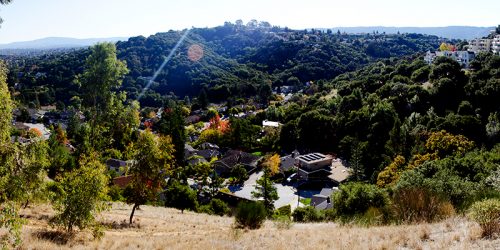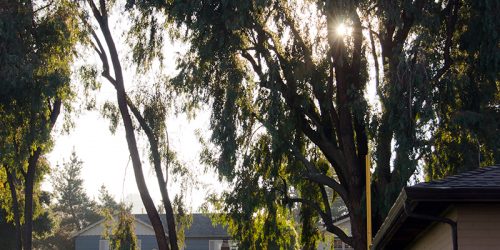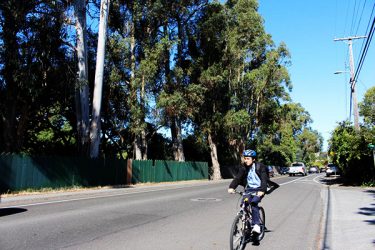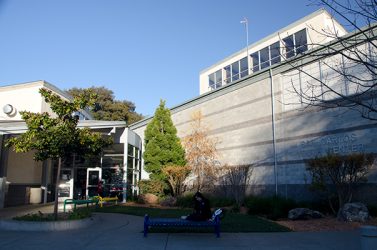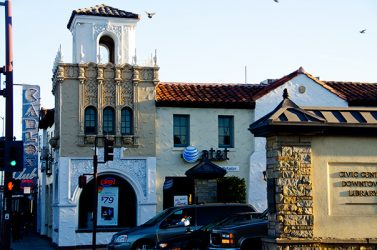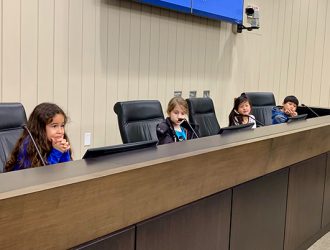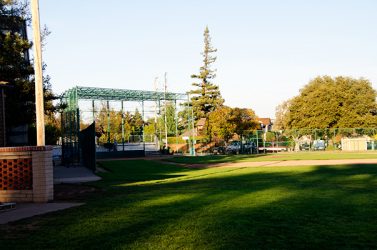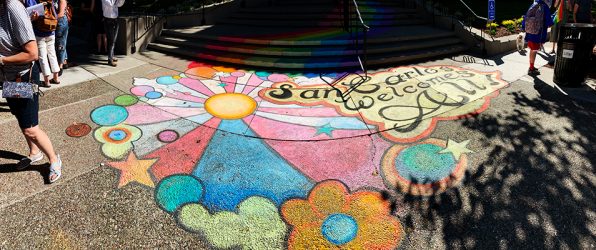This post was prompted by a Trump-supporting friend of mine who circulated one of those repost-if-you-agree posts on Facebook, this one targeted at requiring presentation of some form of ID to vote.
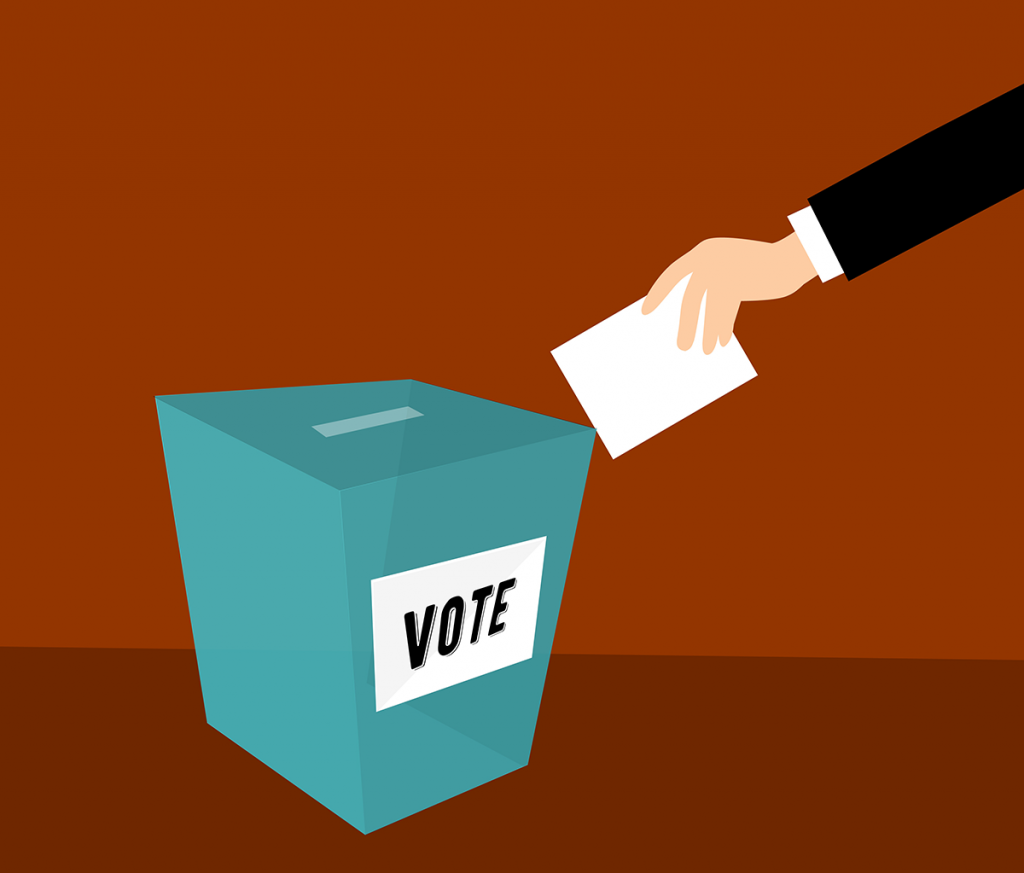
There’s an aspect to the debate over whether or not IDs should be required to vote which I haven’t seen touched on in the articles, opinion pieces, rants, etc., on the topic. And since it illustrates a critical but unappreciated aspect of our system of government I thought it’d be fun to share it.
For much of history, if you lived in a community, in order to do pretty much anything of significance as an individual you had to get permission from someone first. That may have been the village council of elders, the local noble in charge of your territory or whatever warlord happened to be dominating where you lived through force of arms. But advance permission was required.
We use a very different system. In fact, it’s almost the exact opposite: individuals are pretty much able to do whatever they want, even things later shown to harm others, without prior permission. We hold each other accountable for our actions, not for our intentions or ideas.
That difference, while small, is enormously significant. It underlies much of what we mean by freedom. The whole point of being free is you don’t have to ask permission to do something.

Why did society switch approaches? I suspect because we found it was tremendously “profitable” — both to individuals and to the larger community — to do so. It mirrors the creation of the corporate form, which compensates for the significant non-linear human evaluation of risk1 to enable groups to collaborate and create new wealth more easily, thereby enriching society. Not requiring advance permission makes it possible for communities to improve far more rapidly than they would otherwise. Plus, what’s not to like about freedom?
It doesn’t come without costs, however. Every time a drunk driver, for example, kills or injures someone a terrible cost has been incurred. One which we, as a community, could have avoided2…but chose not to.
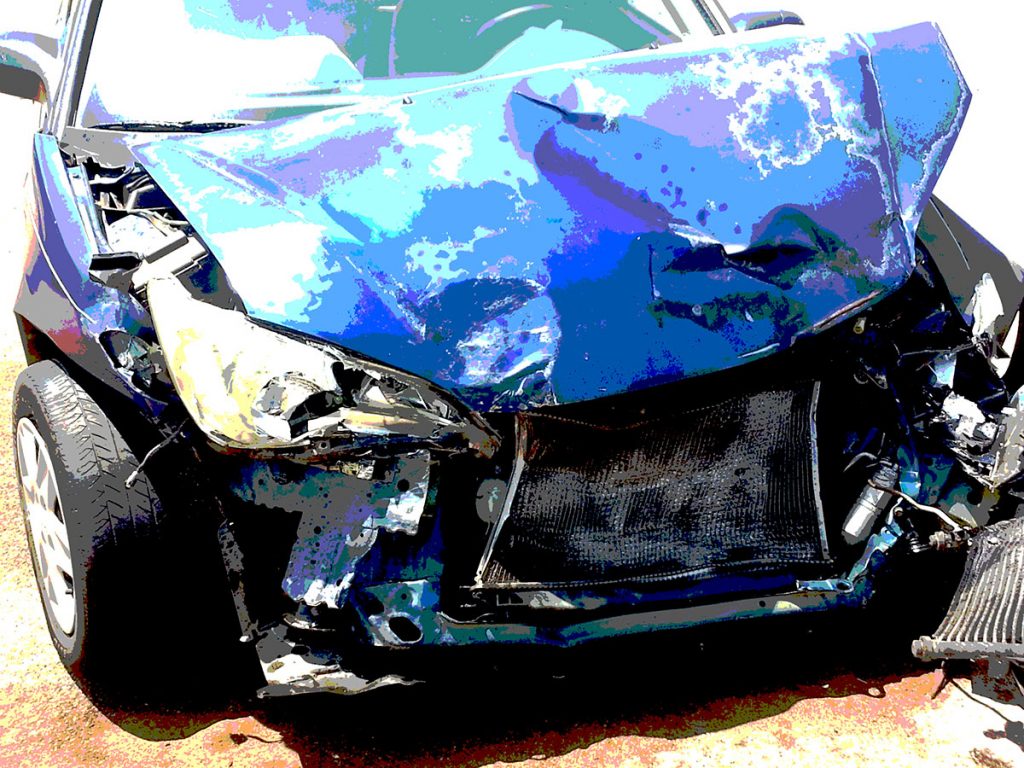
There are a few examples of where we still require advance permission. More commonly, we require licensing or training in order to engage in certain activities which pose significant risks to others. To drive a car, for instance. Licensing doesn’t preclude acting-without-permission. Instead, it tries to ensure that when you make an individual choice it will not be unnecessarily harmful to others and the community.
How does this apply to the debate about requiring IDs to vote? Because requiring an ID to vote is nothing more than requiring advance permission to cast a ballot.
So the question becomes is that a reasonable thing to do? Is the community so at risk from the negative consequences of an unlawfully-cast ballot that individual freedom should be curtailed?
Every study that’s ever been done3 shows the risk to the community is very small. In fact, it’s approximately non-existent: one recent study found just 372 possibly unlawful ballots cast out of a total of 14.6 million mail-in votes. That’s just 0.0025 percent4.
To put that in perspective you’re about 1,300 times more likely to be injured driving your car in any given year. Yet we don’t require you get advance permission to drive your car every time you want to go out somewhere. Moreover, the odds a fraudulent ballot could tip an election is much, much smaller. The vast majority of elections are not decided by small numbers of votes.
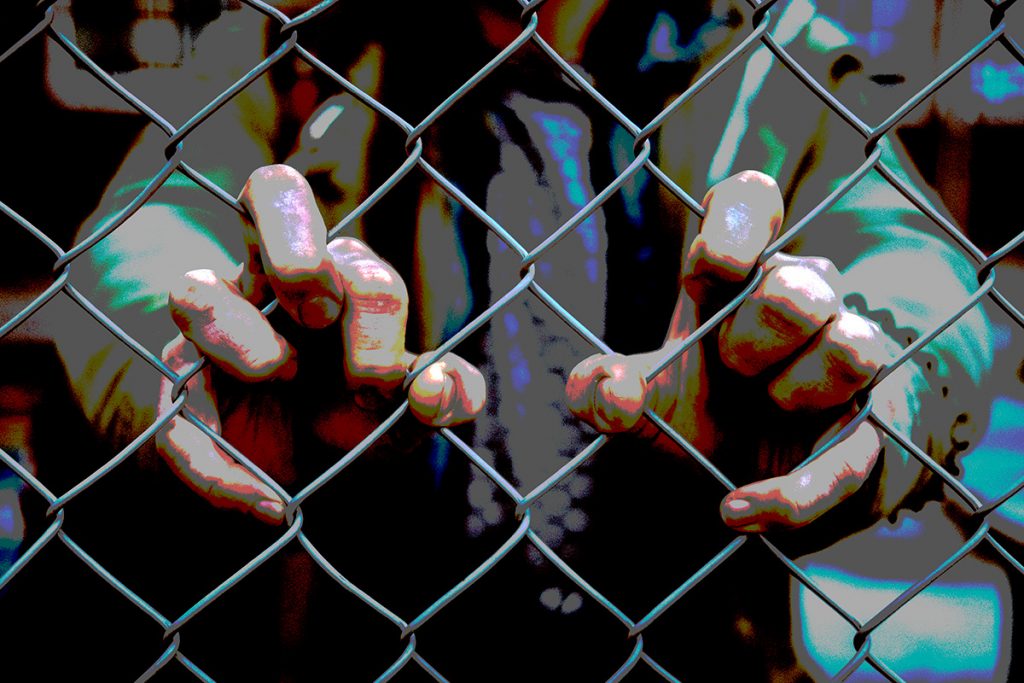
There are also all sorts of penalties associated with unlawfully casting a ballot. In California, commonly considered to be a very liberal state, you can go to jail for years, and pay a fine, and bear the burden of having committed a felony for the rest of your life if you do so. Not something the average person would be likely to do when, in the end, any one vote generally has very little impact on the outcome of an election. It’s that non-linear human risk aversion coming into play again.
Given how safe voting is, the obvious next question is why are some people so stirred up about unlawful ballots?
Explaining that requires some speculation. It could be because there are a whole bunch of really non-linear risk-adverse people in the population5.
Or it could be something else. Like, say, a desire to keep “others” whose political views might be very different from having our system of government and laws reflect those perspectives.
Personally, that’s where I’d place my money. Because it comports with my understanding of human nature, and with the power of paranoid delusional thinking6.
Which is why I strongly oppose seemingly minor curtailments on the freedom to vote. I like our don’t-have-to-ask-permission system. I really value freedom, both for myself and others. Consequently, I’ll oppose anyone’s attempt, however high-minded, to constrain freedom unnecessarily.
most people strongly prefer to avoid losing money, even if they might make a lot more by taking a risk, because of that non-linearity in perception ↩
say, by requiring cars not be drivable unless you pass a built-in breathalyzer check ↩
that I’m aware of, anyway ↩
assuming all 372 of those possibly unlawful ballots were, in fact, unlawfully cast ↩
risk aversion, the kind worked around by the corporate form for example, varies among individuals; some are willing to hang-glide, some are willing to ride motorcycles — me! — while some don’t go anywhere without an umbrella because it might rain ↩
The “great” thing about paranoid delusions is they can explain everything, no matter how trivial. Without having to rely on empirical observation or critical thinking. Instead, the paranoid delusion just “explains” every piece of data not consistent with the delusion as being a result of manipulation by unknown, nefarious others. It’s a simple way to get through life…but not one I’d ever want to spend time with. And, yes, I realize I’m engaging in a tiny bit of that in this speculation; that’s why I also said “comports with my understanding of human nature”, i.e., empirical evidence. ↩
